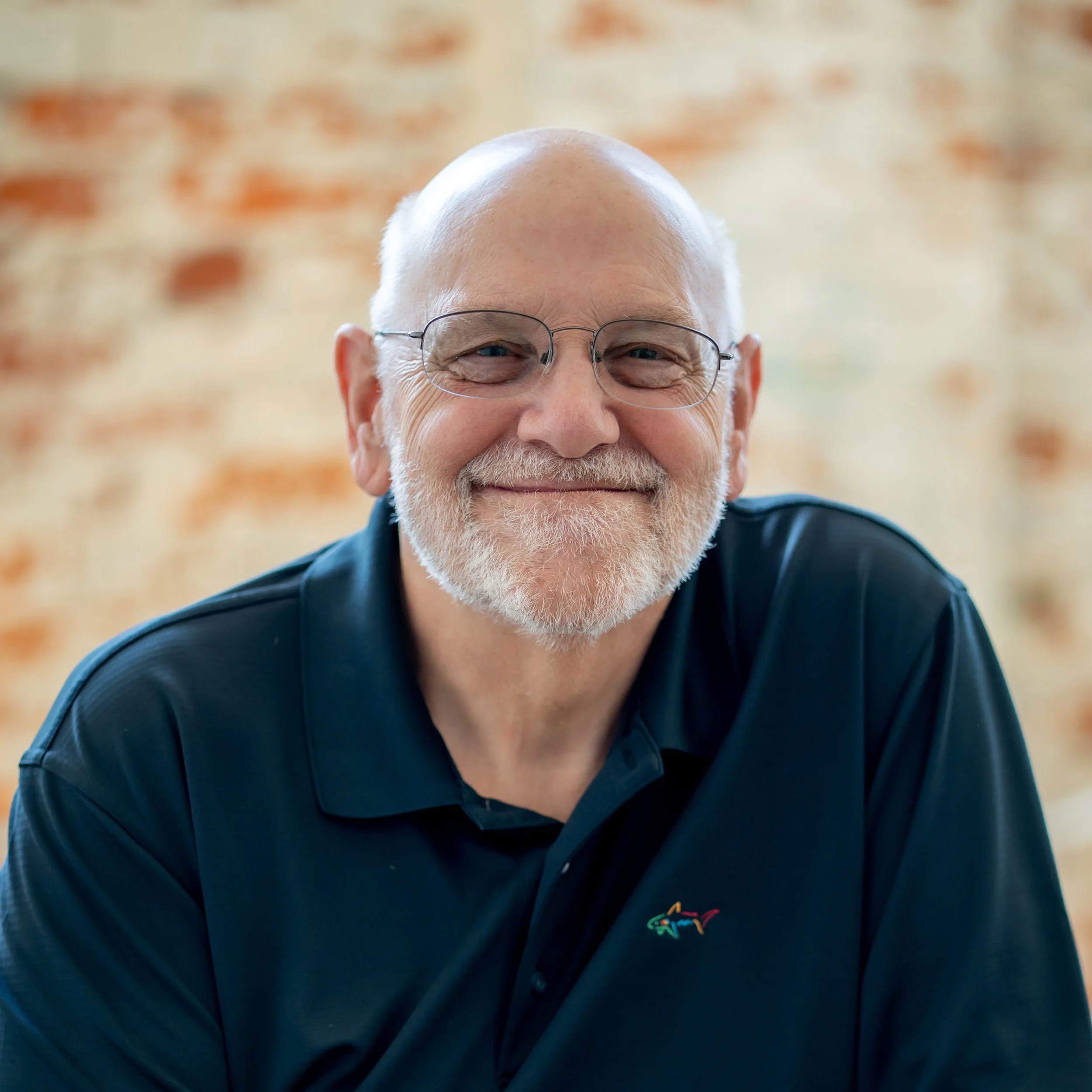If you have been in leadership long enough, you can easily go back and remember the conflicts that you have experienced. Some were painful and left scars that you can still see when you look inside. Although conflict can be a critically important component in the formation of high-functioning teams, it is important that the conflict does not escalate into a damaging dispute. As the leader, your response to the conflict will set tone for how the conflict plays out.
The standard is peaceableness, not perfection
If the offense is not egregious, dangerous, or unethical, you can choose to let some things go. You can choose to not be offended. Responding impulsively when someone hits a nerve in us emotionally can ratchet up conflict quickly. Our goal should be peaceableness.
“Live in harmony with one another...Do not be conceited. Do not repay anyone evil for evil. Be careful to do what is right in the eyes of everyone. If it is possible, as far as it depends on you, live at peace with everyone.” –Romans 12:16-18
You can make the difference
“A gentle answer turns away wrath, but a harsh word stirs up anger.” –Proverbs 15:1
Your reaction to the initial incident may escalate the situation. But if you stop and think first, your response to the initial incident can calm the situation. Next time you find yourself in conflict, try practicing the Principle of First Response and offer a soft answer, kind words, an apology, or an invitation to resolve the issue without drama.
The Principle of First Response
So, how do you prepare your response?
As the leader, others are looking to you to calm the situation. Responding to conflict rather than reacting to it is a crucial leadership skill to cultivate, but it may not come naturally. Before conflict occurs, prepare yourself by asking:
What are my hot buttons?
What defensive routines show up first when I sense a conflict coming?
What attitudes are warning signs that I am beginning to escalate the conflict?
When in the midst of the conflict, ask yourself:
What is the best possible outcome for this conflict?
For more tips on managing conflict, read our article, The High Cost of Conflict, or check out our other conflict resources below.
Dave Marks is a Senior Consultant at The Center Consulting Group and has over 35 years of church ministry experience including 23 years as a senior pastor. His consulting experience includes ministry assessment, leadership coaching, and strategic planning. Dave’s degrees include a B.S. in Bible, a M.S. in Organizational Leadership and a D.Min. in Leadership.



![Conflict: The Importance of Having Tough Conversations [VIDEO]](https://images.squarespace-cdn.com/content/v1/571fc0ea1d07c0fd6d72c167/1741365599296-KTWEJ5PTNH1BX2GJ9REJ/Conversations+blog.png)
![Teams: Is Your Team Dysfunctional? [VIDEO]](https://images.squarespace-cdn.com/content/v1/571fc0ea1d07c0fd6d72c167/1733243870005-NOI69Z74DLNVLIB8MRRJ/dysfunctional+blog.png)


![Family Business: Will the Family Business Destroy Our Family? [VIDEO]](https://images.squarespace-cdn.com/content/v1/571fc0ea1d07c0fd6d72c167/1718027719043-MU9AYPTQ7GM4XWT9EGD1/destroy+blog.png)



![Civil Discourse Part 2: 3 Cognitive Skills to Help You Understand Different Perspectives [VIDEO]](https://images.squarespace-cdn.com/content/v1/571fc0ea1d07c0fd6d72c167/1673898642478-RKKE5JM6YMMKG460MCOD/Civil+Discourse+Cognitive+Skills+blog.png)



![Preparing for the (Expectedly) Unexpected [VIDEO]](https://images.squarespace-cdn.com/content/v1/571fc0ea1d07c0fd6d72c167/e4193bcf-29f7-46c2-be12-9116791d40cf/unexpected+blog.png)